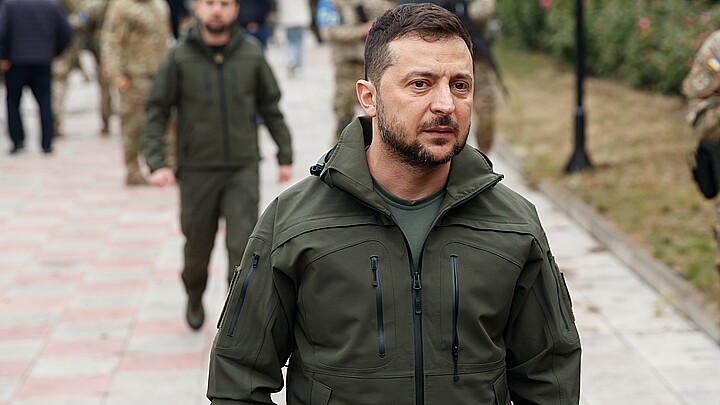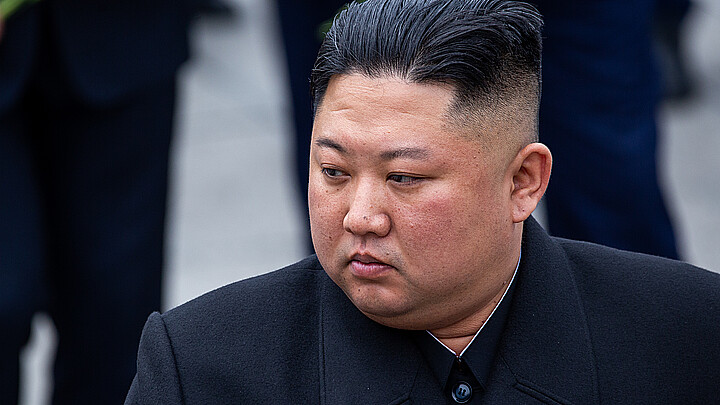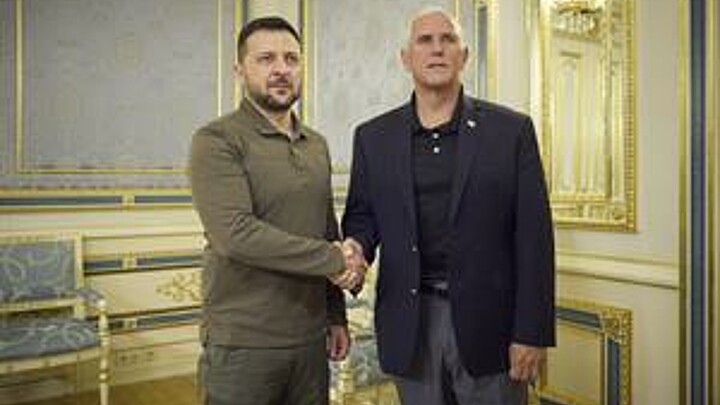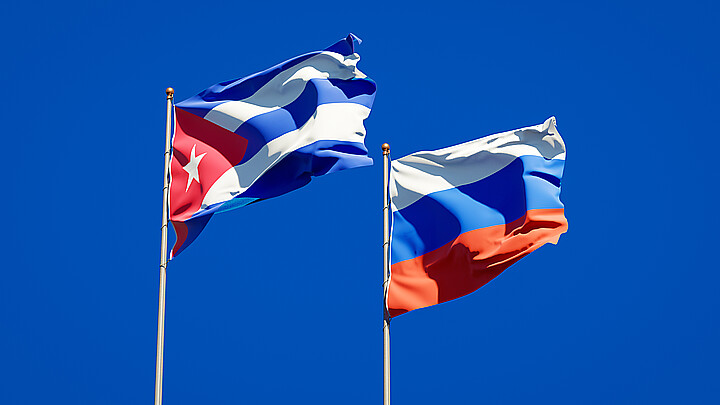Politics
German chancellor under fire for refusing to say Ukraine should win over Russia
The chancellor of Germany repeated refusal to say he wants Ukraine to win its war with Russia has sparked criticism from both his ruling coalition and the opposition
June 6, 2022 8:46am
Updated: June 6, 2022 9:45am
The chancellor of Germany repeated refusal to say he wants Ukraine to win its war with Russia has sparked criticism from both his ruling coalition and the opposition.
Olaf Scholz has made conflicting or non-committal statements on the war over recent media appearances, reports The Times of London.
His ambivalence in these stressful times, along with Germany’s slowing arms shipments to Ukraine, has hit his and his center-left Social Democratic Party’s (SPD) approval ratings. The majority of German voters now disapprove of his overall leadership and two thirds say they do not understand his Ukraine policies, according to The Times.
Annalena Baerbock, foreign minister of the Green Party, has stepped up to make up for the ambiguity of her coalition partner Scholz.
“Russia wants to destroy peace in Ukraine. For this reason Ukraine absolutely can’t lose. That means Ukraine must win,” said Baerbock in a recent interview.
Scholz’s opposition has also seized on the faltering SPD, which has lost two recent state elections.
“When I listen to the heads of government and MPs in the European Union, I can observe that by now the German government’s positions are regarded with resentment, to put it mildly,” said Friedrich Merz, leader of the center-right opposition Christian Democratic Union.
“There is disappointment over Germany’s unclear role and there is real annoyance about you and your government.
Scholz’s SPD played a large part in bringing Russia closer to Germany. Former chancellor Gerhard Schröder is paid almost $1 million for positions on the boards of Russian energy companies and has refused calls to resign, according to the New York Times.
Angela Merkel, who Scholz succeeded in 2005, spearheaded green policies that increased Germany’s dependence on Russian oil. When the war in Ukraine began, Germany was purchasing 50% of its coal, 55% of its gas and 35% of its oil from Russia.
Merkel’s decision to block Ukraine from joining NATO in 2008 has also come under fire since Russia invaded. She released a statement saying she stands by her decision.










